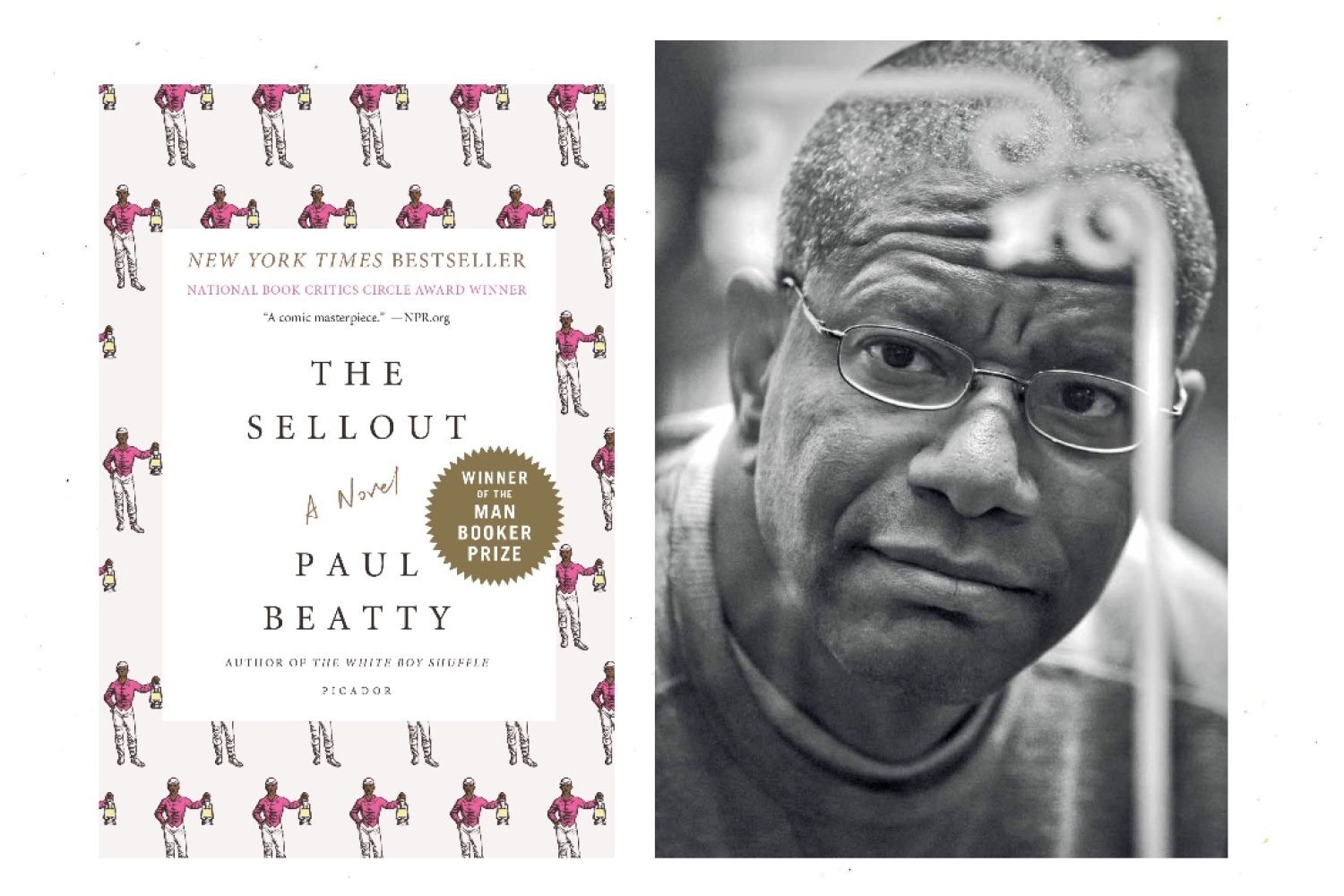Your initial years as a writer were difficult as many didn’t quite get what you wrote, so much so one of your teachers even suggested you take up another profession—so when did you find your voice?
I think part of it was when I wrote a poem in class and there was a girl called Mary Green who sat next to me—she picked out this word—it was a terrible word. I had just moved to NY and heard kids use this word—‘styli’, I don’t think it meant anything. And I was really using it for effect. But Mary started accusing me and saying this word is forced etc. and at first I got really defensive, but then I realised she was right. That’s when I realised people could really see through you. She didn’t know me but figured I had used that word for effect. And that observation by her was really important for me as I realised that people look through you and your work. Another instance was when I wrote my first poem called Zoobang. I was struggling, trying to figure out how to write or do anything, and so I had a memory of these kids who used to torment my friends and me. One day, one of these kids had cornered us. Him bullying us was a reason for him to unburden himself of all the terrible things he had gone through. His conversation really stayed with me and it’s not that I mimicked him or anything, but something about that conversation made me write something and when I read it I really liked it, and then I lost the poem on the train. I lost my knapsack. So I had to rewrite it, which probably helped, even though I’d rewritten it a bunch of times before I’d lost it. And so, finally I had a poem that I really, really liked. Even though I might not like it now, then I liked it. And this one kid went on and on about how he didn’t understand anything in it. And so the next year, I was asked to bring in my best poem, so I read Zoobang again. And there was silence. Then people started dissecting it, and the person who hated the poem most the semester before was going on and on, “This line is brilliant, blah, blah, blah.” And I was looking at him like, what happened in three months that made him do a 180? Because one of the things I had been dealing with was, who is your audience? How far do you go to appease your audience? All these things that most people deal with sooner or later. I can’t really say all those instances led me to find my voice but I think it was something.
You share a very interesting relationship with writing—as at times you say writing gave you life. Yet you say you hate writing but you continue to write…
I don’t know what it is but I do know it gives me some kind of satisfaction. I hate it but I do enjoy doing it the most. It does not necessarily give me a high but it does, at times, give me pleasure especially if I conquer something I didn’t think I could do, or if I was struggling with something and I manage surpassing it. And the pleasure of being able to touch people, and people responding is what is most gratifying. In my life I am not a big sharer, but on the page I am braver and it’s a place where I share.
You have been teaching for a while as well. Does it help the writer in you in anyway?
I can’t teach and write. But it’s nice to see the kids so energetic, so smart and so willing to learn. It reminds me how important writing is and how tenuous it all is. You learn by talking sometimes. I am quicker about solving a few problems and I think that comes with teaching.

